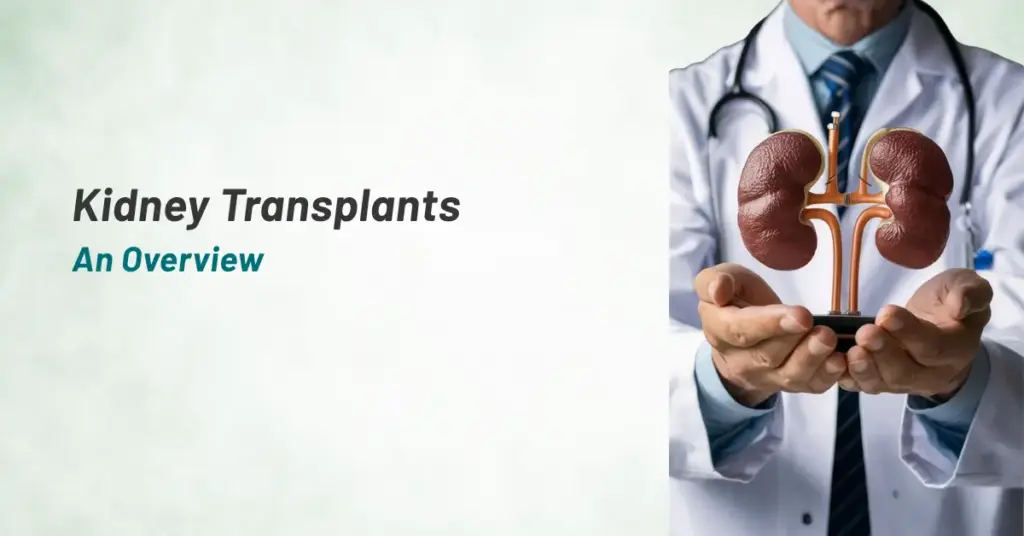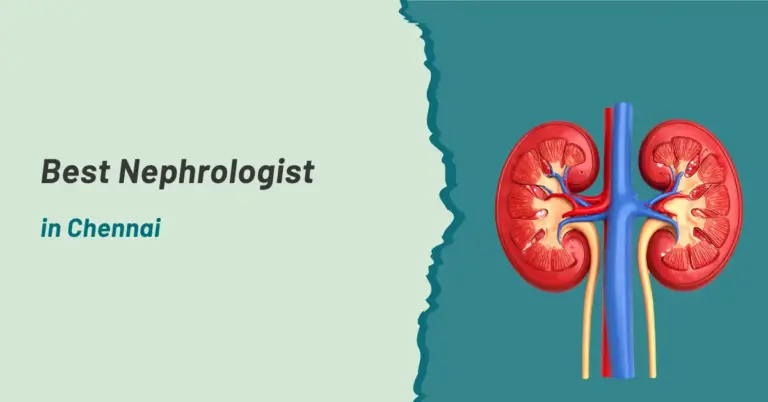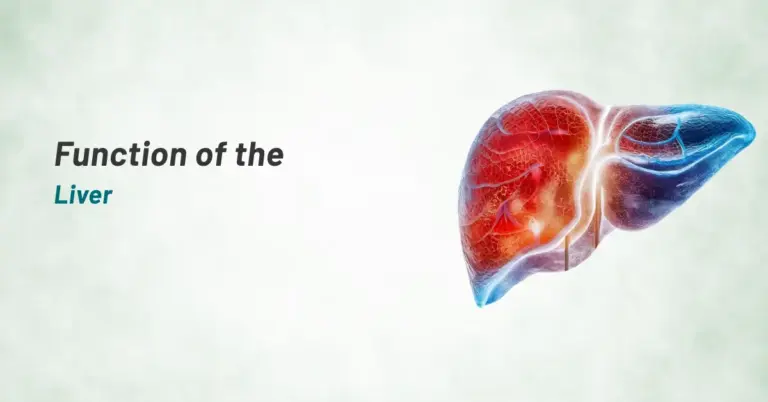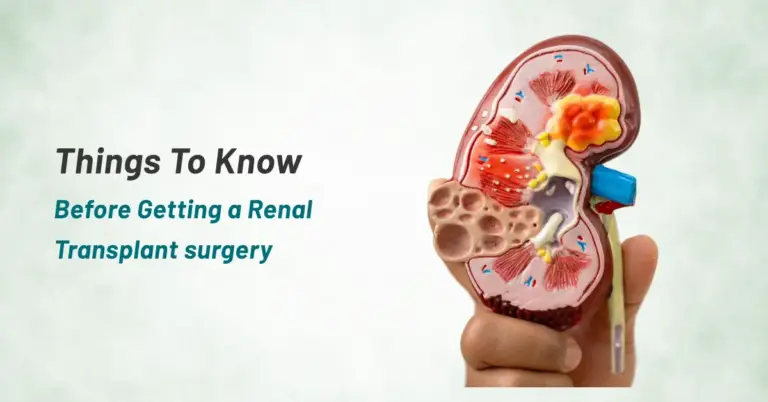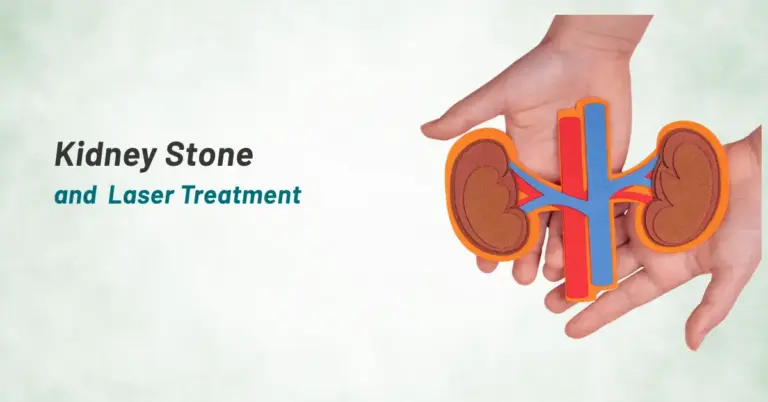A kidney transplant is now one of the most common organ transplant surgeries. In this surgery, kidneys that aren’t working well are replaced by a healthy kidney from a deceased or living donor. Kidney transplants have been performed since the 1950s. It is a lifesaving choice for thousands of patients with end-stage kidney disease. Kidney transplants are required for people who have kidney failure – when the kidneys have lost 90% of their ability to function. Ensure you receive quality treatment from the best kidney transplant hospitals in India, Prashanth Hospitals.
How the Kidneys Work
The normal anatomy of the kidneys involves two kidney bean-shaped organs that produce urine. Urine is then carried to the bladder by way of the ureters. The bladder serves as a storehouse for the urine. When the body senses that the bladder is full, the urine is excreted from the bladder through the urethra. The proper functioning of kidneys is essential to maintain life. Most people are born with two kidneys. The kidneys perform several major functions like
- Filtration of the blood to remove waste products from the day-to-day body functions
- Passing the waste from the body as urine, and returning water and chemicals back to the body as needed
- Regulation of blood pressure by releasing several hormones.
- Stimulation of production of red blood cells by releasing the hormone erythropoietin.
Symptoms of Kidney Failure (ESRD)
Kidney failure, also known as an end-stage renal disease (ESRD), is the last stage of chronic kidney disease. There are many signs of kidney failure, such as:
- swelling of the hands, feet, and face (edema)
- headaches (due to high blood pressure)
- seizures
- pale skin color (due to low iron)
- coffee-colored urine
- chronic bad breath
- depression
- fatigue
- too much urine or not enough urine
- itchy skin
Having one or more of any of the above symptoms might be a sign of serious kidney issues. If you notice any of these symptoms, you should contact your doctor right away.
Causes of Kidney Failure
When the kidneys stop working, renal failure occurs. If this renal failure continues (chronically), it results in end-stage renal disease with the accumulation of toxic waste products in the body. Then, either dialysis or transplantation is required. If a person who has kidney failure cannot have a transplant, then dialysis can sustain life. Dialysis is a process that filters waste from the blood mechanically, and performs the job that the kidneys are unable to. Various diseases and conditions can cause kidney failure. In India, nearly 60% of chronic kidney disease and ESRD cases are attributed to complications from lifestyle diseases like diabetes and hypertension. The major causes of kidney failure include
- Diabetes mellitus
- Hypertension (high blood pressure)
- Polycystic kidney disease – a genetic disorder
- Glomerulonephritis
- Serious issues with the urinary tract
Kidney Transplant Requirements
If you choose to have a kidney transplant surgery, you should know that your best chance for a successful transplant depends on certain factors like good overall health and finding a kidney donor match. A successful kidney transplant surgery first needs a donor preferably within the family with a healthy kidney willing to donate his/her kidney.
You need to be reasonably healthy to have a transplant because the surgery and the drugs used to prevent rejection can place a strain on your body. The right timing is important too, as with kidney transplants, the earlier the better. Tell your doctors all the medicines, vitamins, supplements, and herbal remedies you take. Some of the meds can increase the risk of bleeding or interact with anesthesia.
How long does a kidney transplant last?
The new kidney may come from someone you know, a stranger, or a person who has died. The average lifespan of a transplanted kidney is 12-15 years, though some transplants will last longer. If the kidney transplant surgery is successful, your new kidney will take over the tasks of filtering your blood and making urine, just like your own kidneys did before you had kidney disease. Some people might need multiple transplants in their lifetime.
Benefits of kidney transplant
If the kidney transplant is successful, you may live a longer life than you would have while on dialysis. You may also have fewer health complications and enjoy a better quality of life. Benefits can include:
- No need for dialysis
- Feeling more energetic
- Achieving better overall health
- Having fewer restrictions on what you drink and eat
- Have a more normal lifestyle – for example, you will be able to travel.
Potential risks/ side effects of kidney transplant surgery
- Temporary lack of kidney function
- Donated kidney being rejected by the body
- Internal bleeding
- Heart attack/ stroke
- Kidney failure
- Diabetes
- Infection
Kidney Transplant at Prashanth Hospitals
Prashanth Super specialty Hospitals is one of the best kidney hospitals in Chennai for a world-class kidney transplant. Our kidney transplant specialists will examine whether there are any physical or psychological conditions that would form an obstacle to transplantation. We have got the top nephrologists in Chennai and ensure that your renal transplant procedure meets the best possible outcome. Watch our patient testimonials below as to how they fought all odds and are living the life they deserve!

